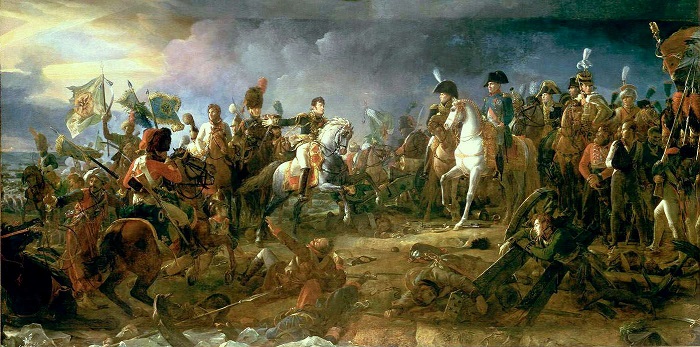Congratulations to our academics with Leverhulme Research Fellowships
Posted on 17 August 2020

Project: Master and Servant in Eighteenth-Century Ireland
Metaphors of mastery and servitude abound in contemporaries’ accounts of penal-era Ireland (1695-1829). The idea that Catholics after the defeat of 1691 had, like the biblical Gibeonites, been reduced to ‘hewers of wood and drawers of water’ was a recurring theme in analyses of Protestant hegemony. While the Catholic community was more variegated and resilient than such a model implies, it remains the case that the most frequent and intimate encounters between Catholics and Protestants in this period occurred within the context of master-servant relationship. Master and Servant in Eighteenth-Century Ireland provides the first sustained analysis of the history and representation of the master-servant relationship in Ireland in the long eighteenth century. It analyses the place of domestic servants – both real and figurative - in the cultural and political imaginary of penal-era Ireland to explore the tensions and contradictions embedded within that regime. Drawing on personal and family papers, newspapers and servants’ testimonies, it will provide an intimate history of the accommodations, affections and frictions that characterised the period.
Jasper Heinzen
Project: In search of civilised war: Prisoners of war and military honour, 1789-1918
There exists a widely held belief that enemy soldiers in the Age of Reason acted with restraint towards each other, that this ‘enlightened’ consensus was gradually lost with the advent of total war, and that modern armies are in the process of reconnecting with the cosmopolitan, albeit Eurocentric, ideals of their predecessors. In search of civilized warfare challenges this narrative by investigating the role of honour-based agreements between prisoners of war and their captors in western European warfare during the ‘long nineteenth century’ (1789-1918). The central hypothesis is that sharp breaks were less evident than organic progressions and adaptations.
Image: François Gérard: The Battle of Austerlitz, 2nd December 1805 (1810), collection Palace of Versailles)
